In Vancouver real estate, there’s a familiar truth: location shapes everything. In Metro Vancouver’s housing market, “location” increasingly means proximity to transit—specifically the SkyTrain. The question many buyers and homeowners ask is simple: Does buying near a SkyTrain station actually boost a property’s value?
The short answer: yes, and often by a surprising margin.
This article takes a clear look at how the SkyTrain affects both condos and detached homes, how different lines shape market demand, and why transit proximity often leads to faster property appreciation in Vancouver. You’ll also see how transit-oriented development—the region’s push to increase density around major transit hubs—plays a key role in creating long-term value.
Transit Proximity and Property Value: Why SkyTrain Matters in Vancouver
Living near a SkyTrain station offers clear lifestyle benefits—shorter commutes, reduced reliance on cars, and walkable access to shops and services. But beyond convenience, transit proximity has real financial impact.
Homes within walking distance of reliable, rapid transit tend to:
-
Sell for higher prices
-
Appreciate faster over time
-
Hold value better during market downturns
-
Attract more buyers and renters
As Vancouver continues to support transit-oriented development, zoning policies are encouraging dense, walkable communities around stations. This dramatically increases the desirability—and therefore the market value—of nearby properties.
Real estate agents now regularly promote “SkyTrain homes for sale,” knowing transit-accessibility has become a major selling feature.
The “SkyTrain Premium”: What the Data Shows
A wide range of studies, industry analyses, and local reports show a measurable premium for properties near SkyTrain stations. Here’s what market trends consistently reveal:
1. Higher market value close to stations
Properties located within 5–10 minutes of a SkyTrain station often sell 5–20% higher than comparable homes farther away. Value increases are highest within the first 400–800 meters of a station.
2. Prices rise even before the station opens
Homes near upcoming SkyTrain extensions typically see 10–20% price growth ahead of construction completion, as buyers and investors anticipate future value.
3. Stronger long-term appreciation
Homes near transit hubs often outperform their surrounding markets during both growth cycles and downturns. Proximity to reliable transit acts like a protective buffer for value.
Examples of the SkyTrain Premium Across Metro Vancouver
The impact varies by area and line, but patterns are consistent.
Burnaby – Metrotown, Brentwood, Lougheed
Burnaby is a standout example where SkyTrain dramatically increased land values. Condos within 500 meters of a station often sell at a double-digit premium, with Brentwood and Metrotown becoming two of the region’s fastest-growing condo markets.
Richmond – Canada Line Boost
After the Canada Line opened, homes within walking distance of stations observed noticeable price increases. Richmond City Centre, in particular, saw rapid high-rise development and rising condo values.
Coquitlam – Evergreen Line Growth
Two years after the Evergreen Extension opened, condos near new stations in Coquitlam recorded substantial value jumps compared to more distant neighborhoods.
Surrey & Langley – Future Expo Extension
Even though the Surrey–Langley extension is not complete, land values near future stations are already rising as buyers anticipate future transit access.
SkyTrain Impact Overview – At a Glance
| SkyTrain Area | Observed Market Impact |
|---|---|
| Burnaby (Expo/Millennium) | Condos near stations sell noticeably higher; major TOD hubs dominate the market. |
| Richmond (Canada Line) | 10–15% faster appreciation around station zones; strong condo demand. |
| Coquitlam (Evergreen) | Significant price growth post-opening; boosted development interest. |
| Surrey–Langley (Future Line) | Strong pre-opening value growth; projected appreciation above regional averages. |
Expo Line: The First Wave of Transit-Driven Growth
The Expo Line set the stage for how transit shapes communities. Once-quiet neighbourhoods like Joyce-Collingwood, Metrotown, and New Westminster evolved into major urban centers because of SkyTrain access. Surrey City Centre is another clear example—SkyTrain acted as the anchor for what is now a rapidly growing downtown core.
Millennium Line & Evergreen Extension: New Hot Spots Emerge
The Millennium Line reshaped North Burnaby, creating high-density hubs around Brentwood, Gilmore, and Holdom. The Evergreen Extension extended this pattern into Port Moody and Coquitlam, where condo values surged after the line opened.
Transit made these areas far more attractive to both homeowners and investors, turning once-suburban communities into bustling, walkable districts.
Canada Line: Cambie Corridor and Richmond Transformation
The Canada Line inspired one of the biggest planning shifts in Vancouver’s history—the Cambie Corridor Plan. Entire single-family neighbourhoods transformed into townhouse and condo zones.
In Richmond, No. 3 Road became a high-density urban stretch centered on rapid transit. Proximity to the Canada Line boosted Vancouver condo prices and intensified demand along the corridor.
New SkyTrain Projects: Broadway Extension & Surrey–Langley Line
Broadway Subway (Millennium Line Extension)
Although not yet complete, its impact is already visible:
-
Upzoning along Broadway is increasing land values
-
Developers are aggressively assembling sites
-
Buyers expect strong long-term appreciation
Neighbourhoods like Mount Pleasant and Fairview will benefit significantly once stations open.
Surrey–Langley SkyTrain
This extension will connect fast-growing suburban communities directly to Vancouver. Buyers and investors are acting early:
-
Higher demand near future stations
-
Early price increases for condos and townhomes
-
Strong land value forecasts for detached homes
These areas are expected to outperform the broader Metro Vancouver housing market over the next decade.
Condos vs. Detached Homes: Which Benefits More from SkyTrain?
Condos
Condos see immediate and dramatic benefits from transit proximity because they attract both end-users and investors.
Advantages include:
-
Higher price-per-square-foot
-
Strong rental demand
-
Low vacancy rates
-
Higher return on investment
These factors make transit-adjacent condos prime choices for real estate investment in Vancouver.
Detached Homes
Detached homes benefit differently:
-
Land near stations is often rezoned for multi-family housing
-
Developers pay premiums for lots near transit
-
Houses slightly removed from the station (400–800 m) can see exceptional appreciation
-
Homeowners may receive above-market offers for redevelopment potential
SkyTrain proximity boosts both livability and land value, making detached homes near stations strong long-term assets.
Final Verdict: Does Buying Near a SkyTrain Station Increase Property Value?
Yes—SkyTrain proximity consistently increases home value, boosts long-term appreciation, and enhances market resilience.
By choosing a property near transit, buyers can benefit from:
-
Higher resale prices
-
Stronger market demand
-
Long-term appreciation potential
-
Better rental performance
-
Greater buyer pool when selling
In a city where mobility and density continue to shape planning, the SkyTrain remains one of the most influential forces driving transit proximity home value in the region.
Choosing a home near a SkyTrain station is more than a lifestyle upgrade—it’s a strategic financial decision aligned with the future of Vancouver real estate.
If you're thinking about buying or selling a property near a SkyTrain station—or you want expert insight into whether a transit-connected home is the right move for your goals—reach out anytime. As a seasoned Vancouver Realtor® with deep experience in transit-influenced markets, I can help you understand the true value of your property and spot the opportunities others miss.
Connect with Adam Chahl at PLACE Real Estate Team – Oakwyn Realty for personalized guidance and a data-driven plan tailored to your next move.
FAQs
1. Do homes near SkyTrain stations sell for more in Vancouver?
Yes. Properties within walking distance of a SkyTrain station typically sell for higher prices than similar homes farther away. This applies to both condos and detached houses, with many areas seeing a 5–20% value premium due to transit access.
2. Is buying near a SkyTrain station a good investment in Vancouver?
Homes close to SkyTrain stations often perform better over time because transit access increases demand, boosts rental potential, and makes properties more attractive to future buyers. This makes them strong options for long-term real estate investment.
3. Are condos or detached houses better near SkyTrain stations?
Both benefit, but in different ways. Condos enjoy higher rental demand and pricing, while detached homes often see exceptional land value appreciation, especially when located in areas slated for transit-oriented development or rezoning.
4. Will SkyTrain noise lower the value of nearby homes?
Noise can influence value for properties right beside elevated tracks or busy stations. However, the overall impact of transit access typically outweighs the noise factor, especially for homes a short walk (not right next door) from the station.
5. Do future SkyTrain extensions affect property values before they open?
Yes. Announced SkyTrain extensions often cause values to rise years before the stations open. Buyers and investors frequently target these areas early, anticipating future growth, which increases demand and pushes prices upward.
When it comes to convenience, our site is unparalleled. Whether you're in the comfort of your home, or on the go.
Start searching for your dream home now.
Our site works flawlessly on multiple devices so you can find the information you need.
MLS® Listings in Downtown Vancouver | Homes for Sale, $700,000 - $800,000
Posted by Adam Chahl on





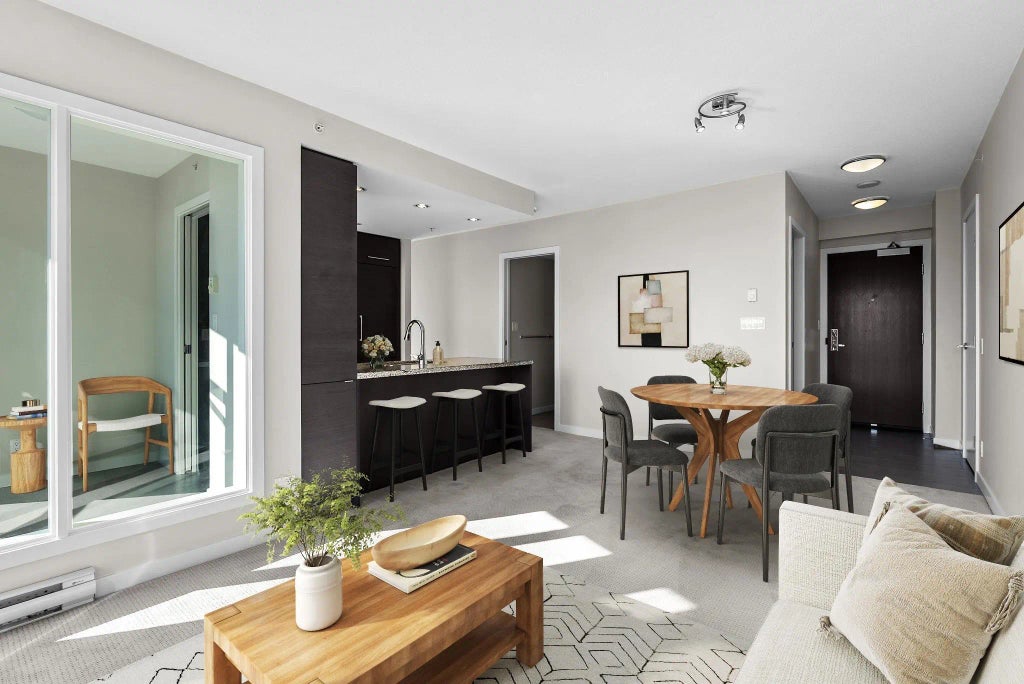
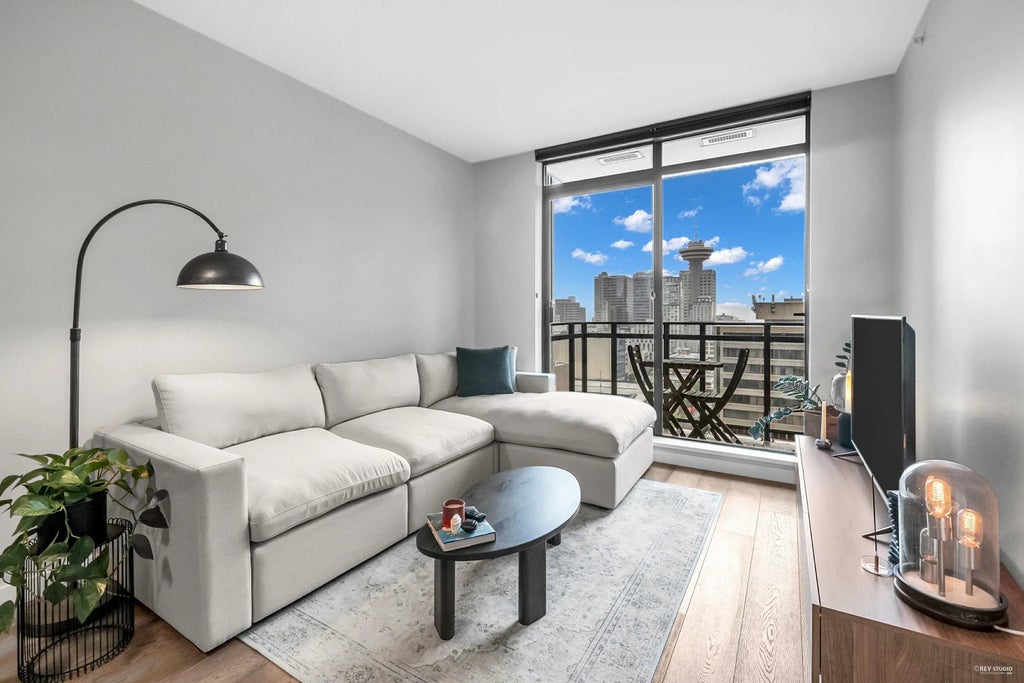
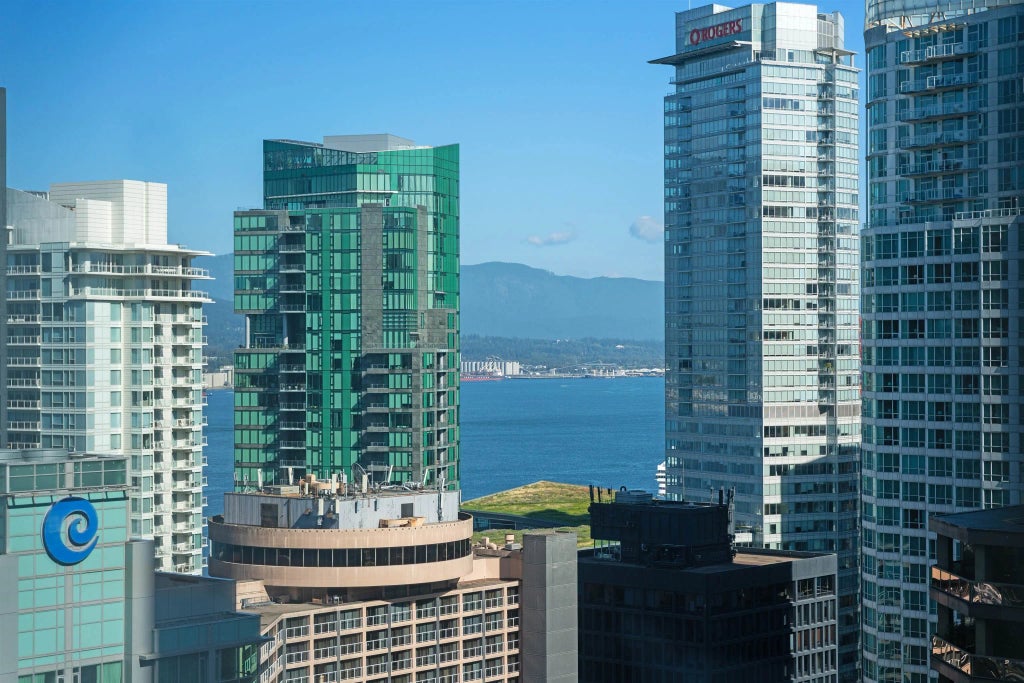
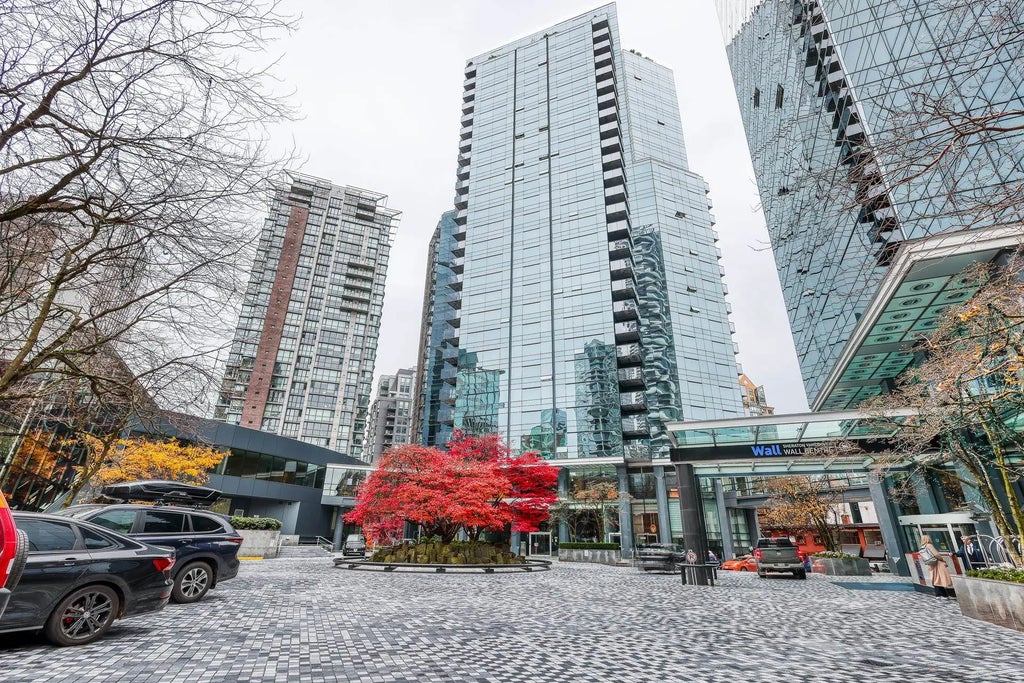
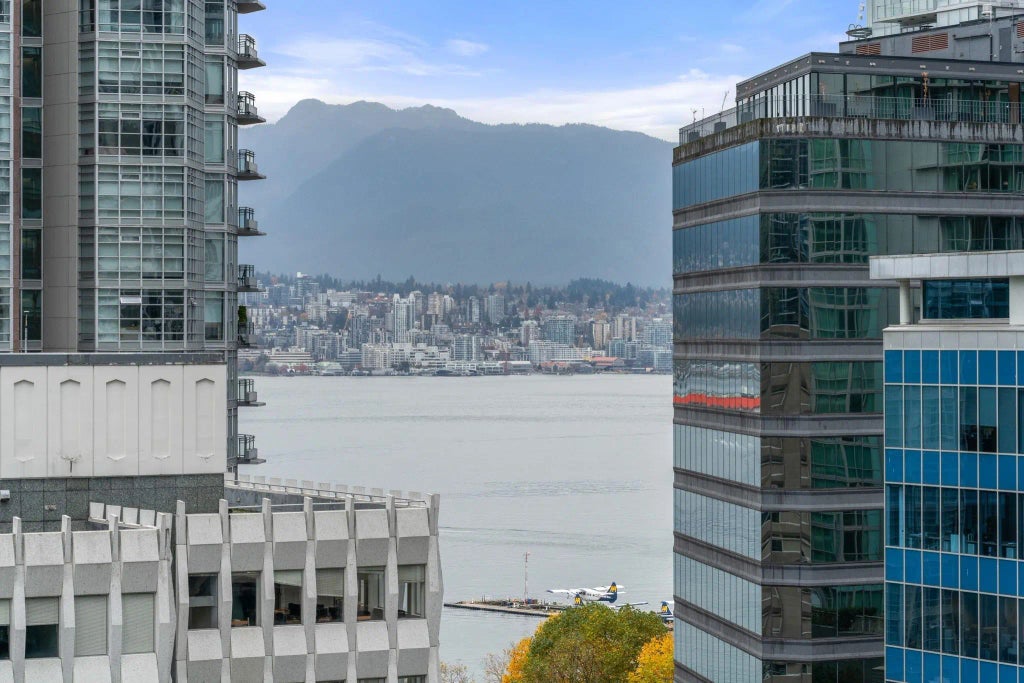
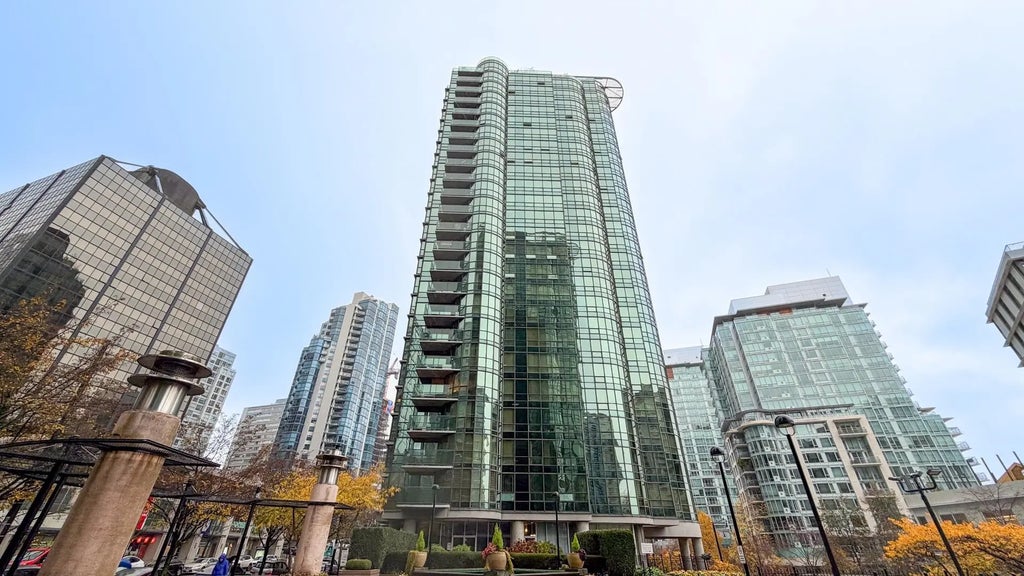
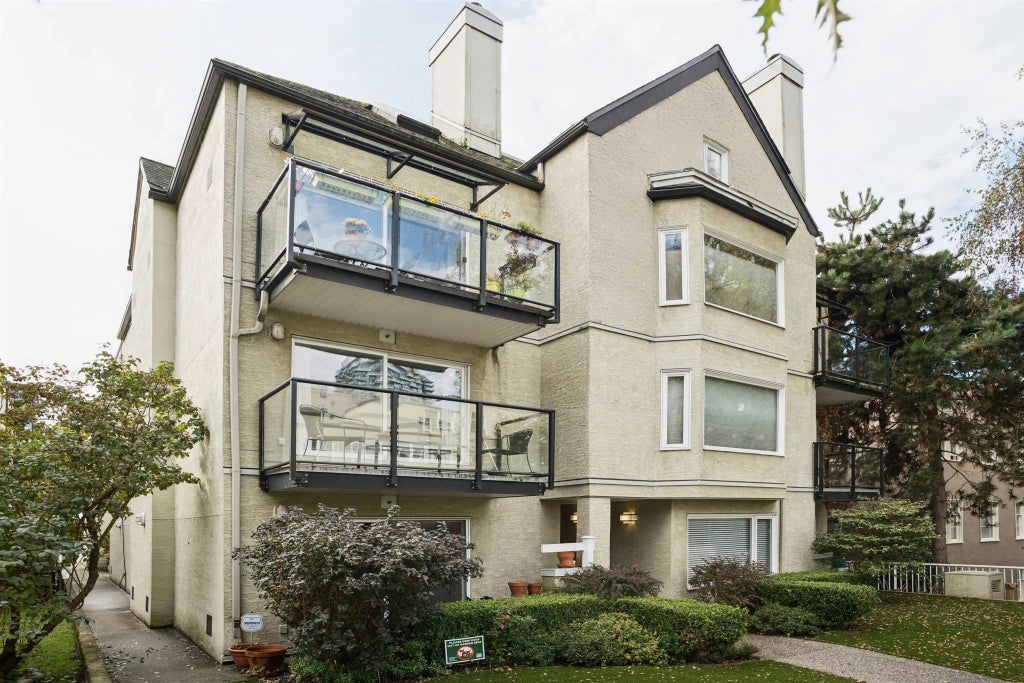
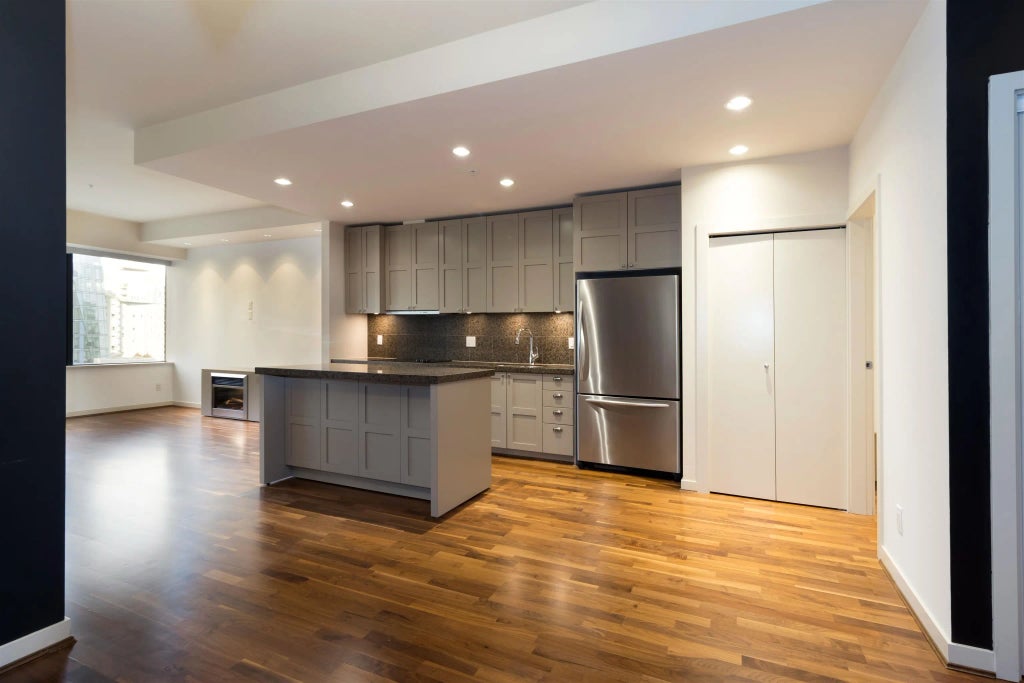
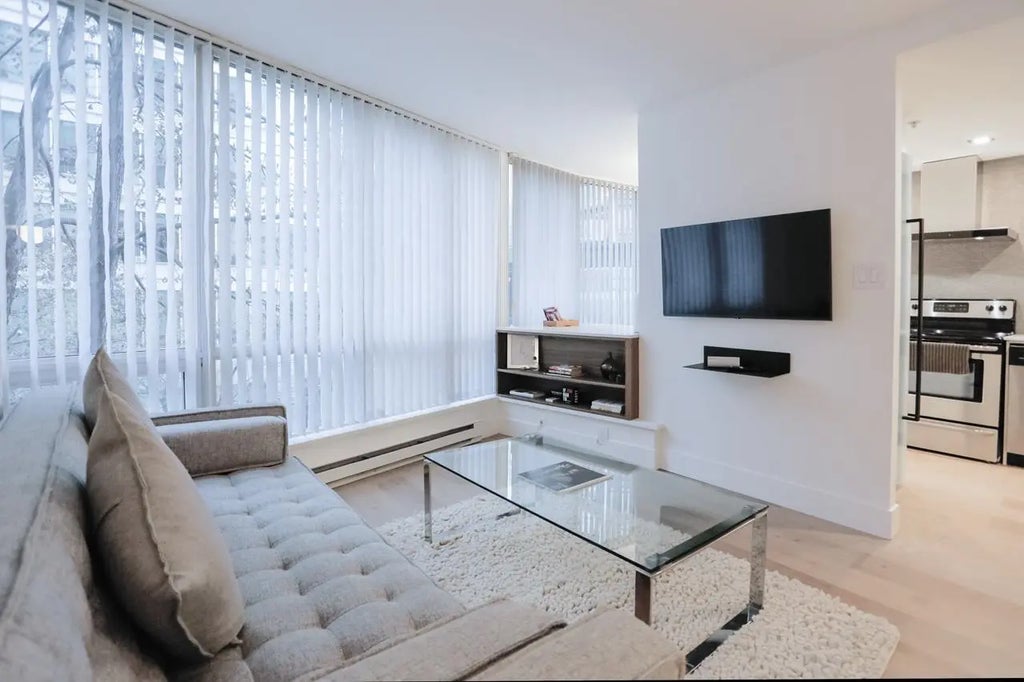

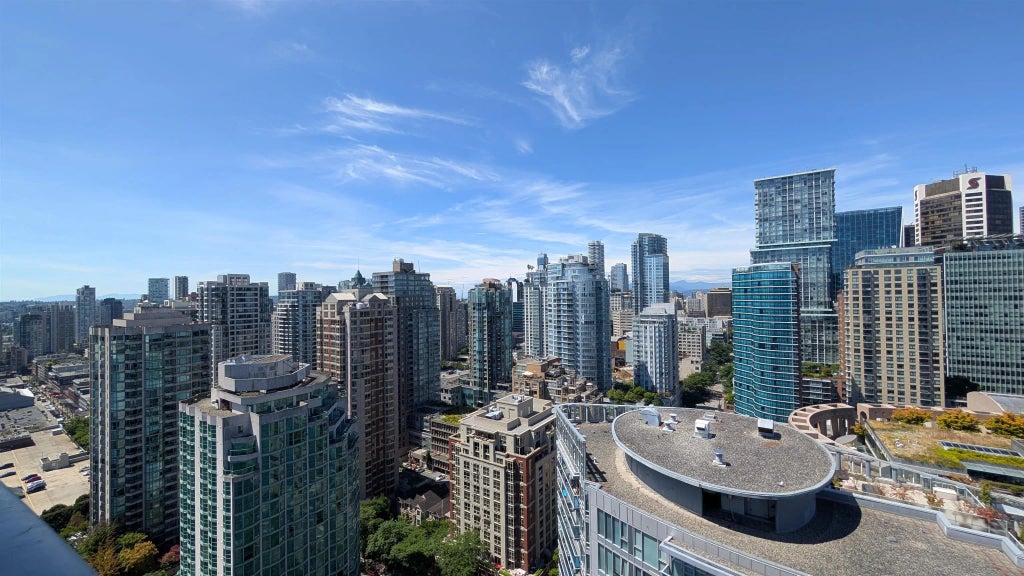
Leave A Comment